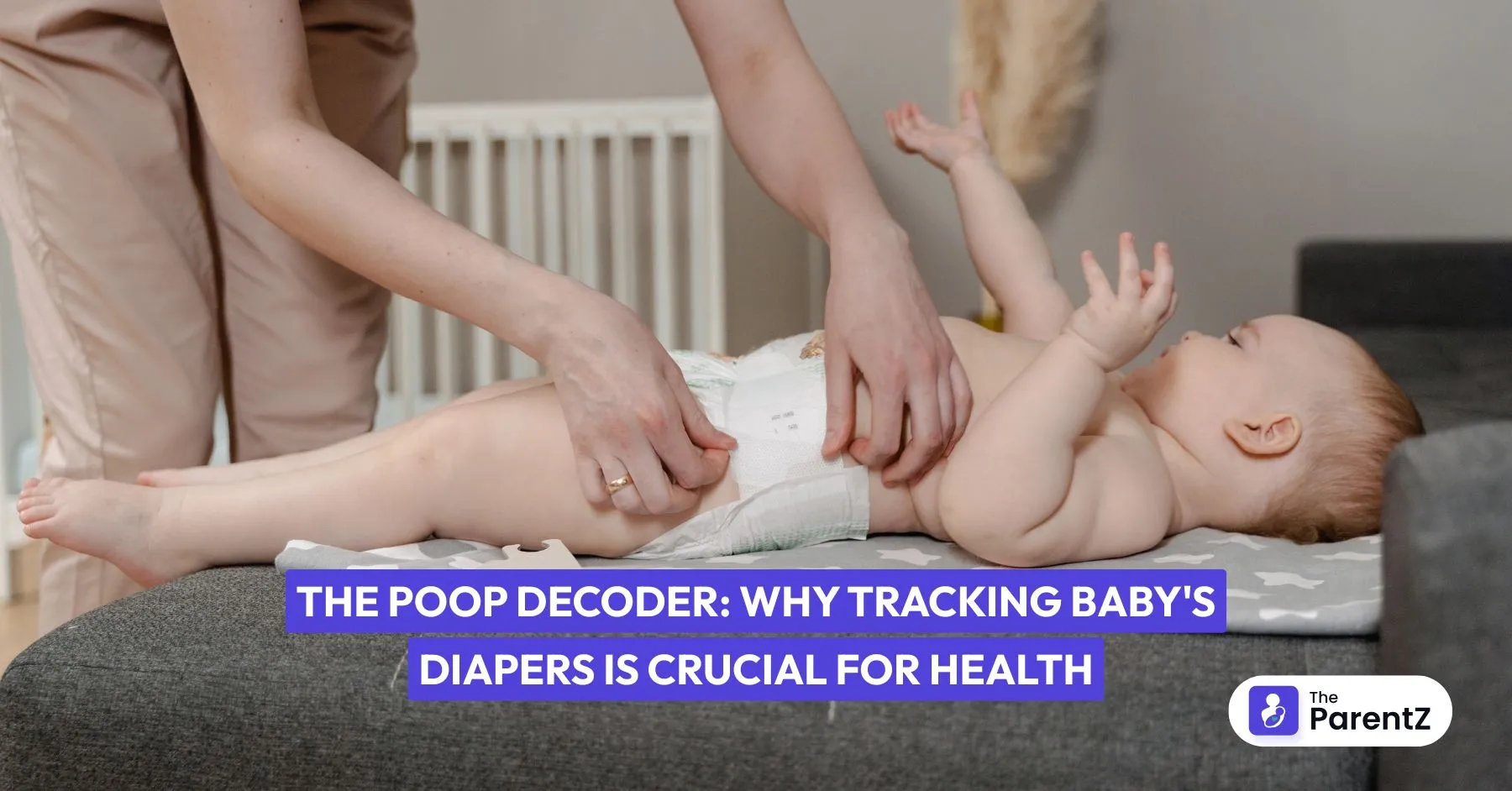When you pictured parenthood, you probably didn’t imagine spending this much time staring into a diaper. But here you are, standing over a tiny, wriggly human, analyzing poop like it's a lab experiment. And guess what? That diaper is telling you more than you might think.
Welcome to one of the most unexpected but super important parts of parenting: tracking your baby’s diapers.
Yes, it sounds a little weird at first. But your baby’s diaper is like a little daily report card. It gives you clues about their hydration, nutrition, digestion, and overall health. In those early months, when your baby can’t tell you what’s wrong, diapers do the talking.
Why Tracking Baby’s Diapers Is Crucial for Health
Let’s break down exactly why this matters so much and how it helps your baby stay healthy and happy.
1. It Helps You Know If Your Baby Is Getting Enough to Eat
Newborns can’t tell you when they’re hungry or when they’re full, and for parents (especially breastfeeding moms), it can be really hard to measure how much milk they’re actually taking in. That’s where diapers come in.
Each wet diaper tells you:
- Baby is hydrated
- Their kidneys are working properly
- They’re taking in enough milk or formula
In fact, in the first few weeks, many pediatricians ask parents to count wet diapers more than feedings because it’s often the more accurate sign of how feeding is going.
If there aren’t enough wet diapers, it could mean the baby isn’t getting enough fluid. That can be a red flag for poor latch, low milk supply, or a baby not taking enough from the bottle.
2. Poop Patterns Reflect Digestive Health
Your baby’s poop isn’t just about what goes in; it tells you a lot about how their body is handling it.
For example:
- Green poop could mean the baby’s getting too much foremilk and not enough hindmilk (common with frequent short feedings).
- Frothy or watery poop might suggest an imbalance in feeding or a mild reaction to something in the mom’s diet (for breastfed babies).
- Mucus in the stool can point to teething, allergies, or a mild gut issue.
- Chalky white poop (very rare) may be a sign of liver trouble and needs immediate attention.
By keeping track of how often your baby poops, and what it looks like, you can spot digestive or allergy-related problems early.
3. It Helps Catch Dehydration Early
Babies can’t ask for water. They also lose fluids quickly especially when they’re sick, have a fever, or are teething. The number and color of wet diapers help you catch early signs of dehydration.
Warning signs include:
- Fewer than 6 wet diapers a day after the first week
- Very dark yellow or orange-colored pee
- Strong-smelling urine
- A dry mouth, sunken eyes, or a soft spot that looks sunken
Babies can get dangerously dehydrated fast, especially in hot weather or if they have a stomach bug. Watching those diapers can help you act before it becomes serious.
4. You Can Spot Illness Early (Even Before Other Symptoms Show)
Sometimes, a baby might seem okay on the outside (no fever, no fussing) but their diaper can tell a different story.
Things like:
- Blood in stool
- Drastic change in color (such as jet-black stools after the meconium phase)
- Going from several poops a day to none for days
- Sudden onset of diarrhea
All of these might be signs of an underlying issue: constipation, infection, allergies, or something more serious. Noticing changes in diaper patterns can be the first clue that something’s off, giving you time to talk to your pediatrician and get ahead of it.
5. Tracking Helps You Explain Concerns Clearly to Your Doctor
Have you ever tried to explain something to your pediatrician and gone totally blank? It's easy to forget when your baby last pooped or how many diapers they had yesterday when you're exhausted and sleep-deprived.
Keeping track of diapers gives you concrete data:
- How many wet diapers a day?
- What’s the color and texture of the stool?
- When was the last dirty diaper?
- Has there been a change in frequency?
Doctors love specifics, and this kind of info helps them make better decisions about your baby’s care.
6. It Brings Peace of Mind
New parents worry about everything. That’s normal. But when you’re tracking diapers and seeing that your baby is peeing, pooping, and showing healthy patterns, it gives you a little peace of mind.
You’ll start to learn your baby’s rhythm. You’ll know what’s normal for your baby. And when something seems off, you’ll catch it faster, which can make a big difference in their care.
How to Track It Without Losing Your Mind
Back in the day, parents used notepads and guesswork. These days? There are helpful tools that make it easier.
One great option is the TheParentZ Baby Growth Tracker App. It has a built-in Infant Tracker for feeding, pumping, and diaper changes. You can log every wet and dirty diaper, see patterns over time, and even share the info with your partner or other caregivers. That way, everyone stays in the loop. No more texting diaper updates at 2 a.m.
Other features include:
- Logging breast, bottle, or solid feeds
- Tracking hydration
- Setting reminders for feeds and pumping sessions
- Syncing across multiple devices for unified care
It’s like having a personal assistant for your baby, except it won’t need a nap.
Conclusion
Tracking diapers may not be the most glamorous part of parenting, but it’s one of the most important, especially in the early days when your baby can’t tell you what’s wrong. It gives you a window into their tiny, developing system and helps you stay ahead of any problems.
Whether you jot it down in a notebook or use an app like TheParentZ Baby Growth Tracker, keeping a record can ease your mind and help your doctor spot issues early.





Be the first one to comment on this story.